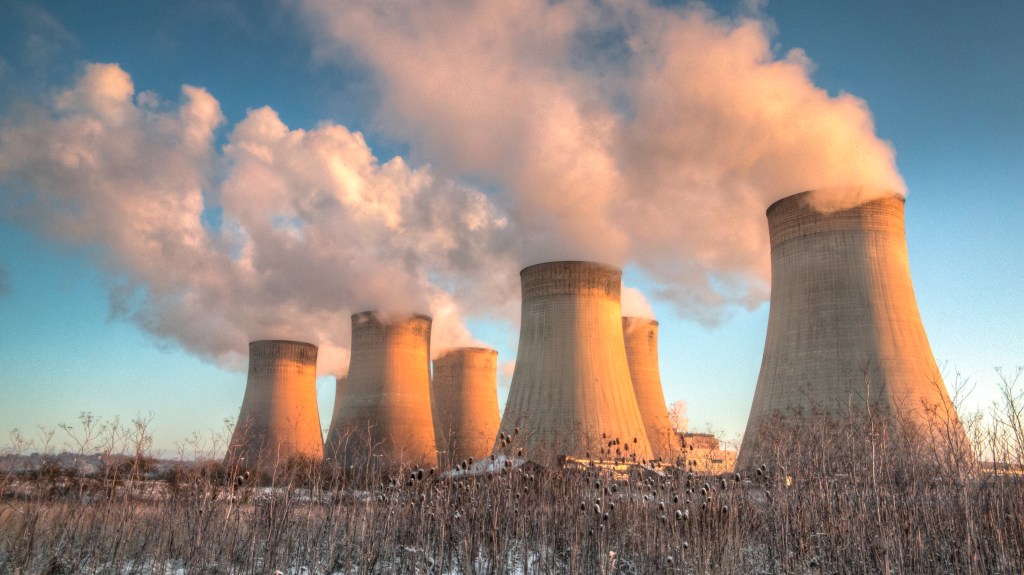Decoupling Electricity Prices from Gas Could Lower Energy Bills
Reforms aimed at disconnecting the influence of costly gas-fired power plants on wholesale electricity prices could lower Britain’s energy expenses by over £2 billion annually, according to insights from a former senior government official.
Adam Bell, who previously led energy strategy at the business department from 2020 to 2021, proposed that gas plants should be excluded from the wholesale electricity market. Instead, he suggests they should receive regulated returns to operate only when necessary to ensure a reliable power supply.
Britain’s current wholesale electricity market employs a “marginal pricing” method, where the highest cost plant required to meet demand sets the price for all electricity generators.
Despite gas plants accounting for approximately 30 percent of Britain’s total electricity generation, they dictate the wholesale price a staggering 98 percent of the time, as detailed in a recent report by consulting firm Stonehaven, where Bell currently serves as director of policy.
Following the spike in gas prices after Russia’s invasion of Ukraine in 2022, which raised operational costs for gas plants, the government began exploring options to sever the connection between gas and electricity prices as part of its electricity market arrangements review (Rema). However, the focus of Rema has shifted to other potential reforms, such as regional pricing, leaving plans to decouple the two prices on hold.
Bell contends that breaking the connection between gas and electricity prices by removing gas plants from the wholesale market would represent “the single largest action the government could undertake to reduce energy bills in the short term.”
While some labor unions and think tanks are advocating for the nationalization of existing gas plants as a solution, Stonehaven warns that such moves could encounter legal challenges and conflict with the government’s fiscal policies.
A more feasible alternative, according to Stonehaven, would be to establish “a new out-of-market mechanism to manage a gas strategic reserve.” This approach would involve offering gas plants a regulated return through a regulated asset base model in exchange for their availability when called upon by the National Energy System Operator (Neso).
Bell estimates that implementing this change could reduce energy expenditures by at least £2 billion per year by lowering income for gas plants and decreasing the wholesale prices for other energy sources. Given that around one-third of energy costs are incurred by households, this could mean savings of about £23 annually per household.
He further argues that this model might be appealing to gas plant operators, as it would guarantee returns for participation in the strategic reserve, rather than relying on an increasingly uncertain revenue due to the growth of renewable energy sources. The government’s plans for clean power by 2030 will require most gas plants to remain available for backup, while limiting their share of electricity generation to no more than 5 percent.
In response, a representative from the energy department stated, “As long as Britain is reliant on the volatile global fossil fuel markets, we will remain susceptible to energy price increases that are beyond our control.”
“Our clean energy initiative is crucial for protecting consumers and effectively reducing bills. The Clean Power Action Plan outlines our commitment to consider various strategies, including an out-of-market system, once we become less dependent on gas.”




Post Comment